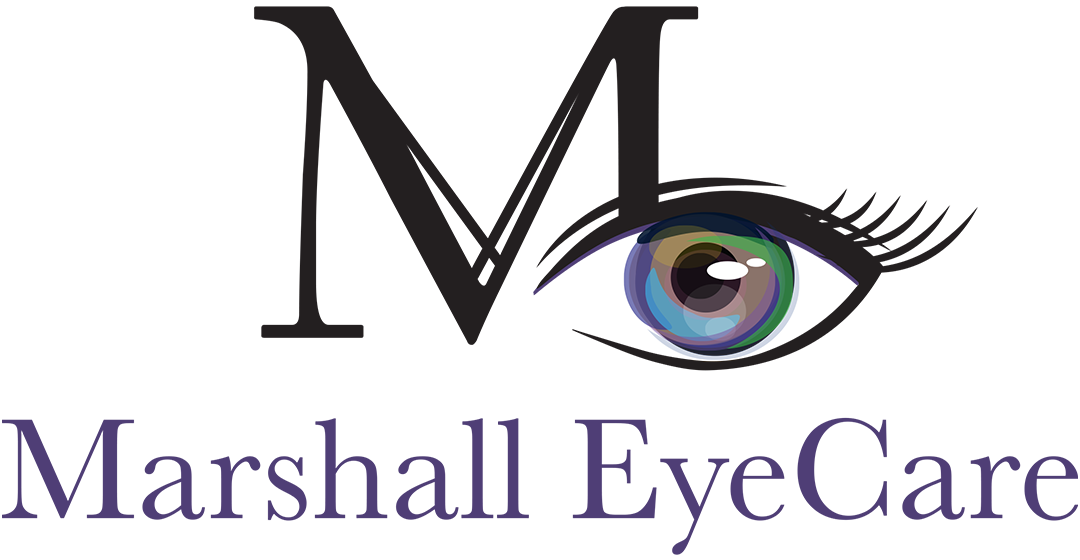
For many, having refractive errors like nearsightedness and farsightedness is bad enough. Imagine, then, the frustration of others who learn they have cataracts. Studies suggest that more than half of Americans over 80 years have cataracts or have undergone cataract surgery. That said, it’s best to know your options when you have cataracts.
Understanding Cataracts
June is cataract awareness month, a good time to discuss the eye condition. Cataracts are a primary cause of blindness worldwide. The risk of developing cataracts increases with age. It ranges from less than 4% among individuals aged 55 to 64 to over 92% among those above 80.
Cataracts have a huge impact on elderly individuals and have been linked to dementia. The condition increases the risk of road accidents and falls and can significantly impact an individual’s quality of life.
How to Know That You Have Cataracts
The most notable symptom of cataracts is the gradual decline in vision, difficulty seeing at night, increased sensitivity to glare, and reduced color perception. Other signs may include frequent changes in eyeglass prescriptions and double vision in one eye. A diagnosis of cataracts is typically made through a comprehensive eye examination, which may involve visual acuity tests, a slit-lamp examination, a dilated eye exam, retinal exam, and applanation tonometry. In the early stages, cataracts may not cause serious vision problems.
Treatment for Cataracts
Surgery is the only way to remove cataracts. Fortunately, the procedure is safe, relatively simple, and effective. Most people do not need to get surgery right away. You can make changes to manage your condition.
Using brighter lights when working and wearing anti-glare eyeglasses can help. You can also use magnifying lenses when reading or performing other activities. A new eyeglass or contact lens prescription can help you see clearly in the early stages.
Getting Cataract Surgery
The eye doctor may recommend surgery if your cataracts interfere with daily activities, such as reading and driving. Cataract surgery involves eliminating and replacing the cloudy lens with an artificial lens.
The new intraocular lens (IOL) remains in the eye permanently, improving the patient’s vision. Nine out of 10 people report experiencing improved eyesight after the surgery. Waiting to get cataract surgery will not harm your eyes or make the procedure more difficult later on.
Schedule Regular Checkups
If you have cataracts, you must schedule more frequent checkups. It will allow the doctor to monitor your eyes and check the progress of the cataracts. Inform your doctor if the cataracts are affecting your daily activities.
Talk to the doctor about the benefits and risks of cataract surgery. Delaying the surgery will not affect the recovery of your vision. Some people have eye conditions that make it impossible to get IOLs.
Researchers are trying to determine if there are ways to prevent cataracts. Cataracts tend to run in families. Individuals with a family history of the condition are more likely to develop cataracts. Cataracts tend to worsen faster in individuals with conditions such as obesity, diabetes, and high blood pressure.
For more on what to do about your cataracts, visit Marshall EyeCare at our office in Aberdeen, New Jersey. Call (732) 837-0988 to book an appointment today.








